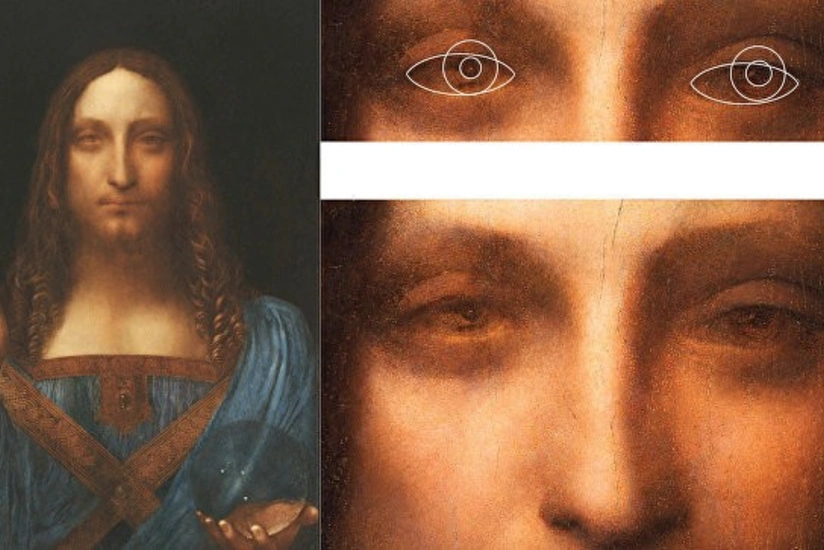Leonardo da Vinci had a squint
- 19 October, 2018
- 10:19

Baku. 19 October. REPORT.AZ/ Leonardo da Vinci's unrivalled artistic genius may be explained by a vision disorder, Report informs citing the RIA Novosti, British doctors came to this conclusion.
Analysis of the Renaissance icon's face from sculptures, oil paintings and drawings revealed that he may have suffered with a condition called 'squint' known medically as a strabismus.
This means the eyes do not align properly and the painter of the Mona Lisa suffered with a version called exotropia, which causes one or two eyes to turn outward.
It is believed that only about one in 200 people have the condition.
Many famous painters, such as Rembrandt and Picasso, are widely believed to have had a similarly lazy eye.
Visual neuroscientist Professor Christopher Tyler painstakingly studied surviving images of da Vinci when he saw the feature.
He said: "It is hard to tell which eye was affected from the paintings."
"But it would have been particularly useful for getting the whole scene geometrically correct."
His study, published in JAMA Opthalmology, was made more difficult than the discovery of strabismus in other painters as few da Vinci paintings remain.
Roughly only twenty of his paintings still exist - and very few are true self portraits.
Professor Tyler resorted to classifying the sculpture of David as a portrait of da Vinci himself.
Professor Tyler interpreted this to mean any of da Vinci's portraits could reflect his own appearance to some extent.
He analyses six works of art - two sculptures, two paintings and two drawings - in which da Vinci was believed to be the model.
They included a sculpture of David that da Vinci stood for as a young man, an elderly self portrait and Salvator Mundi
In each one the alignment of the pupils diverged - findings that 'are consistent with exotropia', said Professor Tyler.
He said this would have caused an intermittent 'tendency for the outward turn of an eye.
